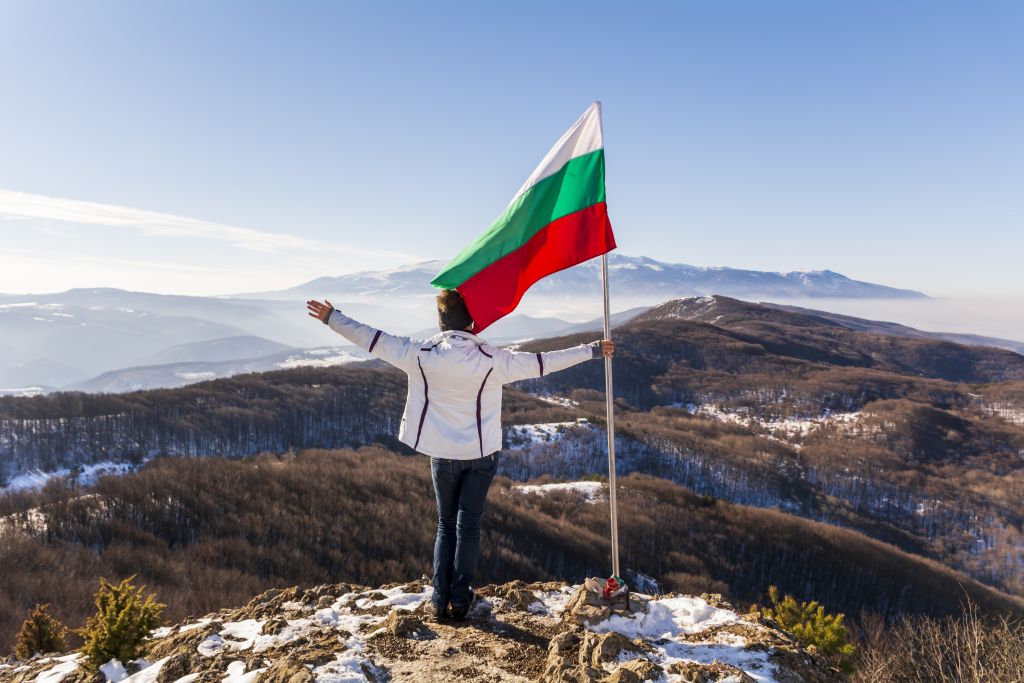

We have been asked several times recently how one can plan and manage an effective communications campaign in the CEE region. Local partner agencies of Worldcom PR Group are always a great help in these projects. We had an idea. It might be interesting for lots of readers if we asked some local colleagues in this region about their markets. In the coming weeks we’ll share with you answers from Poland, Czeh Republic, Romania and Bulgaria. Our third advisor is Todor Janev, managing partner of Bulgarian communication agency Janev & Janev.

Todor Janev
2021 is the year of political change in Bulgaria (two parliament elections and a presidential election) and communication trends are in this direction. Bulgaria is at the 112th position in the freedom of speech ranking by Reporters Without Borders which places Bulgarian media as a very controlled area. This media freedom is a hot topic to a certain extent as the political landscape and debate exposes media tendencies. Due to lack of free media the trend in Bulgaria is that new small websites are appearing and the population has more trust in them, although its difficult to identify real and fake news.
One of the biggest challenges is that the legal framework limits the announcement of brand names in electronic media (TV) as it is considered an advert. This issue has been debated for a decade, but there is still no change. Media choose to use this excuse when a company wants to present itself in electronic media (limited access for brands).

Traditional media are still popular, particularly TV. Many print and online editions are doing live streaming on social media and this is increasing their visitors. Print is losing demand and the volume of editions are decreasing. In the past the biggest daily newspaper had 300 000 – 400 000 volume, now the numbers are around 100 000. Radio is popular and maintains its listeners.
Podcasts are not popular in Bulgaria. Companies do not use them much. The new form of digital events is the popular new channel in Bulgaria. Companies organize online seminars and then stream and record them. Videos for social media are also picking up in Bulgaria.

Asian man video call conference, online remote meeting with business coworker, at home. New normal lifestyle, social distancing, internet technology, businessman work from home concept
For print and online the standard is to prepare the material in Bulgarian. For TV English is OK with simultaneous translation or if recorded before air, the translation is done post factum. In general Bulgarian is preferred and safer as sometimes journalists get lost in the translation.
What are the top5 general interest online media platforms which should be targeted if a company want to have visibility in your country as fast as possible?
Here is the list:
The mix and reputation of the media is very important in Bulgaria. Because some media are connected with certain political interests. Also some media have different sites for general news and specific sites for topics such as finance, business, sport and so on.
There are many reasons for that:
Janev & Janev is a leading PR agency in Bulgaria with over 27 years of experience. The agency specializes in strategic planning and communication, public affairs and crisis prevention and management. Janev & Janev is a founding member of the Bulgarian Association of PR agencies, member of WorldCom Public Relations Group since 2008 and member of various chambers of commerce in Bulgaria. Janev & Janev has experience in advising and executing various projects for international and local companies as well as for governmental institutions, NGO’s and the European Union.
Todor is the managing partner of Janev & Janev and the current chair of WorldCom EMEA board. He has over 15 years of work experience in various industries and is heading Janev & Janev since 2015. Todor has a master degree in European Political Economy from the London School of Economics and a BA degree in Business and Economics from University Collage London.